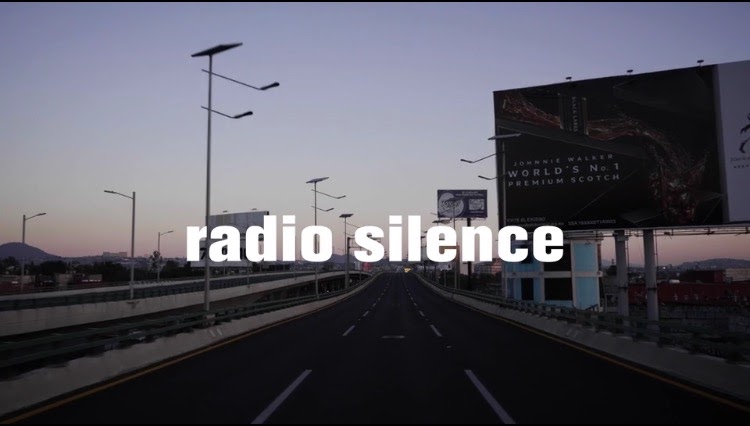Radio Silence, a documentary from Juliana Fanjul, follows Carmen Arestigui, a beloved journalist, who shared her stories on the radio.
In 2014, she discovered a scandal involving the President of Mexico, Enrique Pena Nieto. Nieto, allegedly, agreed to let someone have a railroad contract to create a bullet train system if in return, he was built a house. This made national headlines since the house was technically under the company and not under the name of the Nieto himself.
Shortly after this, Arestigui and her crew were suddenly fired in March of 2015 from their radio show. The 18 million listeners she had gotten over her years as a journalist went into a public outcry, describing her as the only “honest” journalist in Mexico.
The public considered her removal as a form of censorship. After her firing, Arestigui was forced to invest her life savings into other things since no other news or radio station would hire her.
While filming this documentary, Arestigui decided to take her fight of resistance and spread awareness about corruption and misinformation. She made her way to Washington D.C. to spread her message, with success. However, upon returning to Mexico it became clear that her life wouldn’t be the same.
Fanjul explained that upon her return to Mexico she found her apartment lock tampered with and noticed that from time to time a van would be following her everywhere she went. She was convinced that this only began to happen because she got close to and was working with Aristigui.
Overtime, Aristigui and her team continued to find more dirt on the situation. After a while they began to receive private messages from people that contained threats and pictures of weapons. Some of her team, upon receiving these messages, began to become afraid of doing their job. However, Aristigui refused to give up her fight.
Not too long after the messages started, their workplace was broken into by unknowns who clearly were looking for something to take. The break in was the last straw for some of her team as they resigned in fear for their own safety.
A few months after the break in, Aristigui managed to get her and her team back on the air, however it brought a consequence. Shortly after her return to air, a journalist she knew was murdered. She expressed her condolences and continued her fight to spread awareness about corruption and misinformation.
After another few months, election time had rolled around and thanks to Aristigui’s investigations it got many people to turn toward someone else to be Mexico’s president. A new president was elected, and shortly after a court ruled in favor of Aristigui and her team’s firing as being unconstitutional and that they were to be reinstated.
The current president promised that no one should fear about speaking their mind anymore as the constitution states the freedom of speech is completely legal.
Overall, this documentary gave me a very deep insight to not only how challenging of a field journalism is, but this documentary also showed me that some people will go to extreme lengths to protect their reputation.
Aristegui was lucky enough to get a happy ending and she helped with shaping my views on how the use of misinformation can cause problems.








































































































































